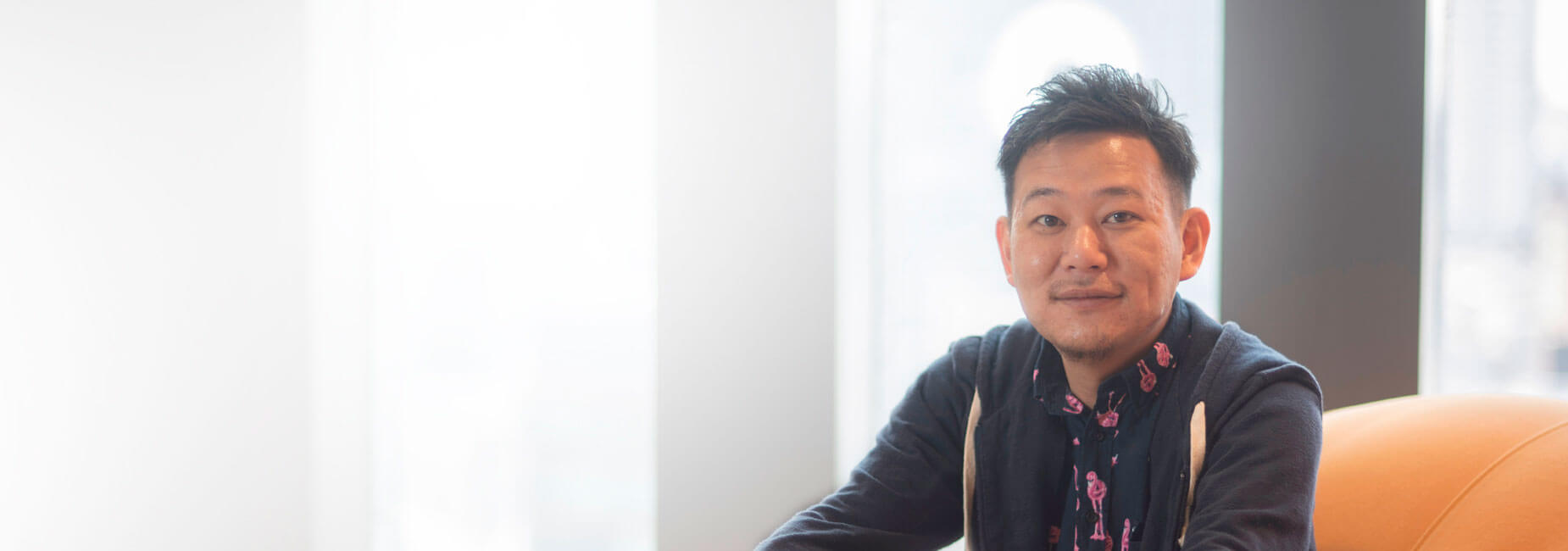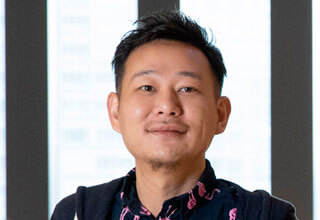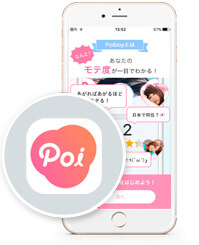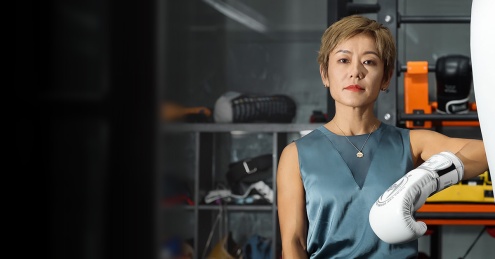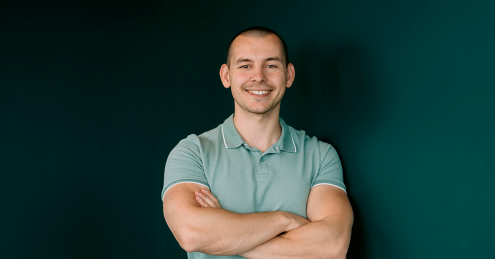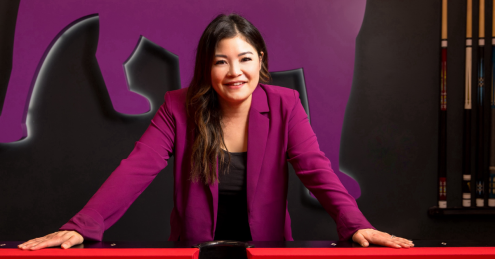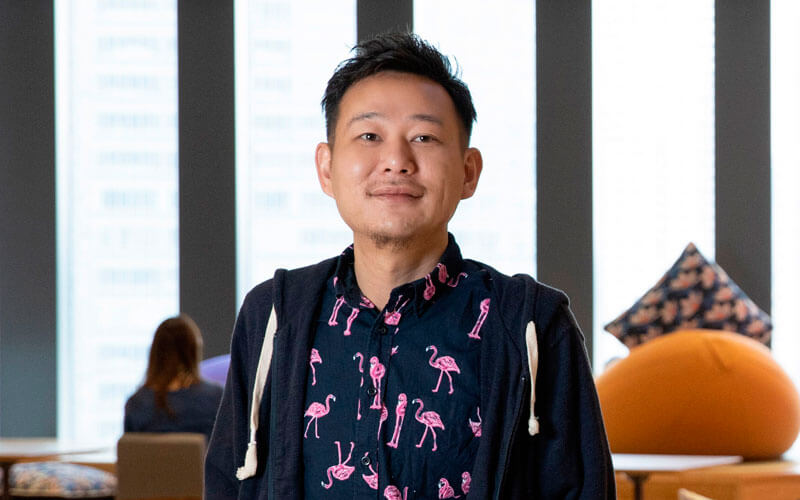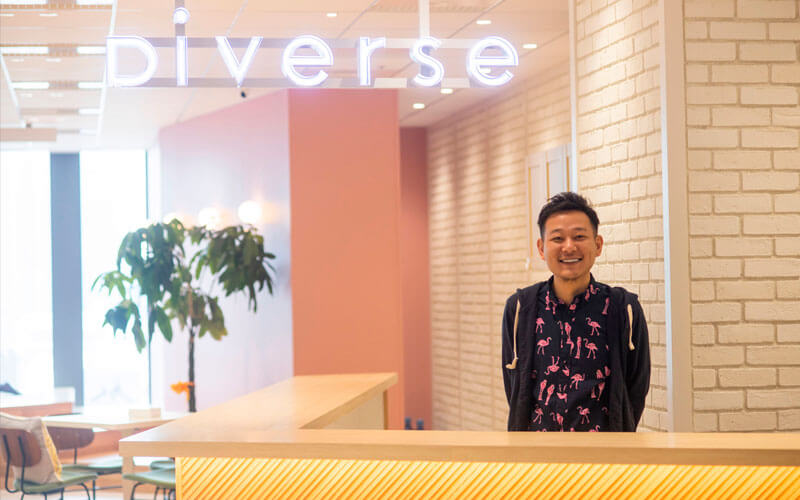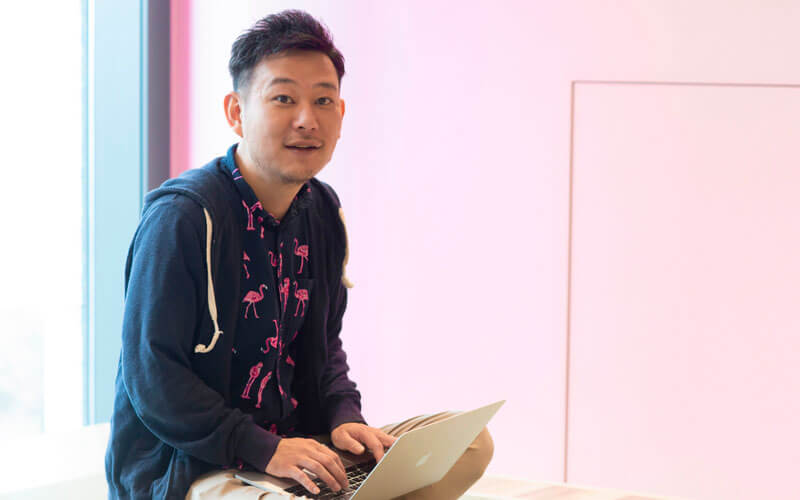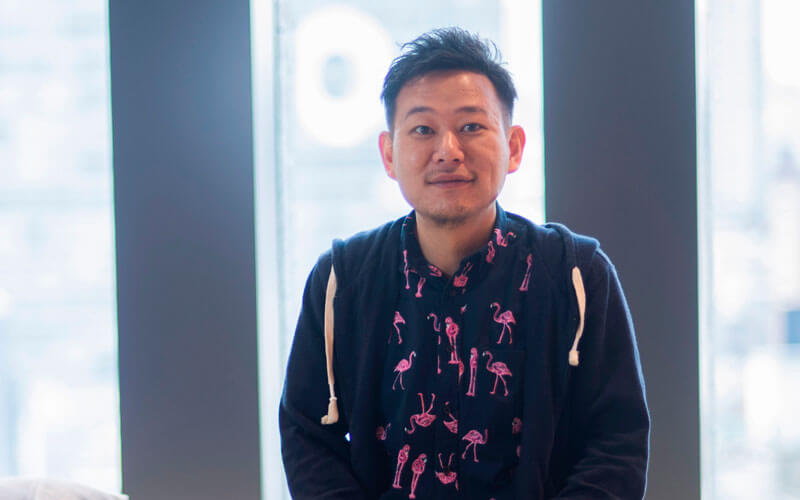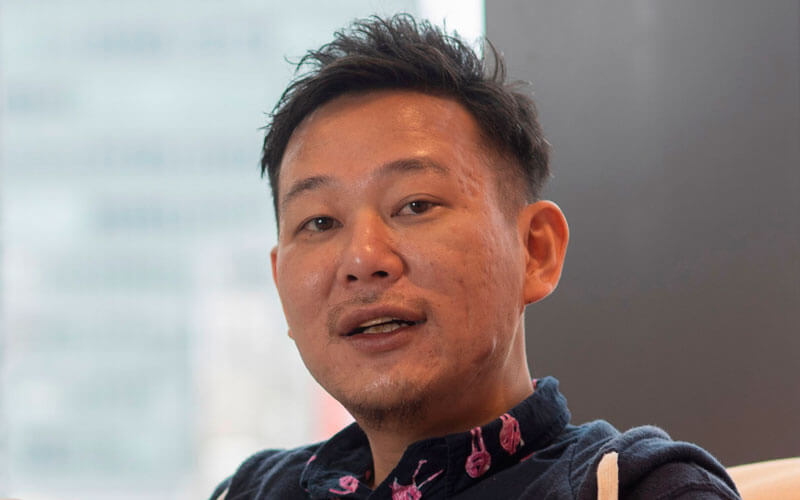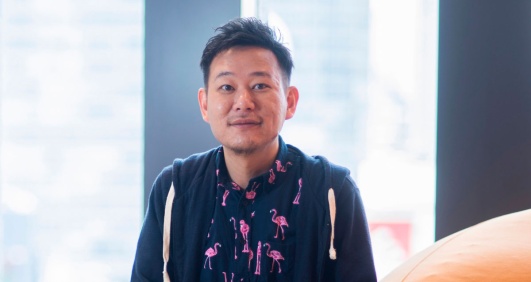Q&A with Takahiro
Takahiro Motegi is the Chief Marketing Officer at Diverse, a mobile dating app publisher in Japan. Before joining Diverse in 2015, Takahiro worked at mixi, a social media networking platform.
Read Takahiro's latest article: "Marketing Dating Apps in Japan Starts with “Concept-Making First”"
In your own words, tell us about the apps that you manage?
Our portfolio of apps includes three different app types to meet the needs of every user. YYC is Japan’s largest dating app used by over 14 million people primarily for casual dating. Poiboy, with over 1.7 million users, is popular among young people aged 18 to 24. Lastly, youbride is a marriage app for people looking for a long-term partner.
How did you get started in mobile marketing?
Before joining Diverse, I worked in marketing for mixi, one of Japan’s largest social media websites. During my time at mixi, I saw the rise of mobile and its potential for changing the way people meet and communicate. At the time, Diverse was one of mixi’s brand-new portfolio companies in the then-nascent niche of mobile dating. When I was offered an opportunity to build out marketing at Diverse from the ground up, I took it.
What do you like most about mobile marketing?
In dating apps specifically, I love the challenge of figuring out how to acquire more users. It’s a critical task: a dating app can only be useful if enough people join. I also enjoy the thrill of coming up with new ideas and testing them. While there’s no blueprint or single answer on what’s the best way to grow and scale an app, you can always rely on data to back your hypotheses, analyze performance and forecast growth.
What does it take to succeed in mobile marketing?
Success in mobile marketing takes three things: a deep understanding of your target audience, thoughtful story design, and a lot of data. It may take some time to connect the dots between user data and insights to identify the right marketing opportunities, but consistency is the shortest path to success.
What does a quality mobile user look like to you?
A quality mobile user is someone who finds the most value in your mobile product. Each app is unique. For example, for youbride, our marriage app, the best user is someone who wants to get married and downloads the app to find a spouse.
What strategies work best to convert installs into engaged app users?
Mobile dating is a crowded space, so competitive differentiation is key. We make sure our messaging focuses on unique value proposition for the audience we are targeting. The truth is, most ad creatives for dating apps look the same. Our strategy is to stand out and never stop innovating as we realize that we are in an industry where strategies get copied by competitors very quickly.
In the past year, what is one tip you can share which made the biggest performance difference with UA or re-engagement of your app?
Fully revamping our marketing strategy for the YYC app in 2018 made the biggest difference. Until then, YYC had a strong positioning as a web service. We started by surveying people and building out user personas. Based on the insights, we redefined how we market the app and updated ad creatives. This project helped us boost revenues and improve ROAS by 150% compared to last year.
How do you stay ahead of changes in technology?
We manage all user acquisition in-house and, unfortunately, don’t have the opportunity to get regular news and updates from agency partners. On the positive side, we have access to all campaign data, which helps us monitor changes and understand trends.
Japan has many restrictions on dating apps. Other app categories often get to test new technologies 6 months before we are legally allowed to implement them. Keeping an eye on the marketing activities of other mobile publishers, not just dating apps, helps us stay ahead of the curve.
What do you see as the next big thing in mobile marketing?
Figuring out how to improve virality in app marketing for our category will be the next big thing. Online dating is still a very private topic, and few people are willing to refer their friends. Making it easy for people to invite friends to join a dating app will have a great impact on our user acquisition strategy.
What advice can you offer to help marketers combat mobile ad fraud?
Using the right technology and having open discussions with the ad partners you trust can help identify fraud early. In addition, keep tabs on your campaign data and monitor campaign results often, drilling down to a very granular level.
